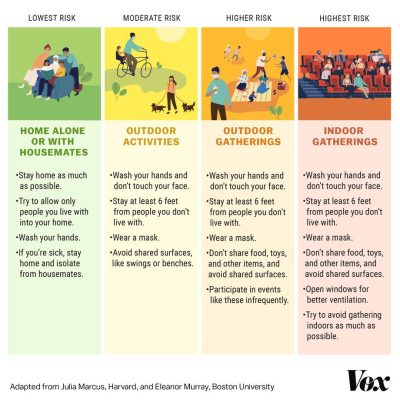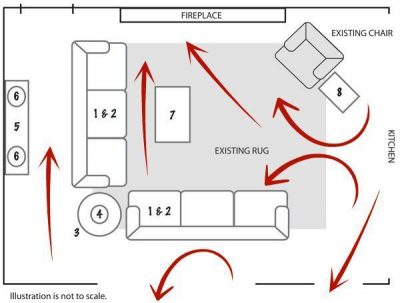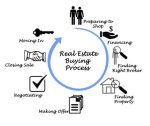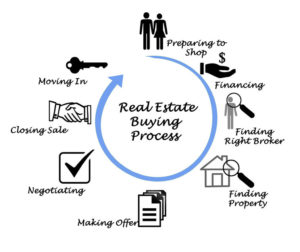Affordable Moving- Cost Effective Way to Ship Boxes

- Ship by train – Amtrak
- Ship by bus – Greyhound
- Ship by marketplace -Uship, Busfreighter
- Ship by car (only if you’re shipping a car)
- Ship by freight
- Use a trailer
- Put all the boxes on a wood pallet and shrink wrap it. Use alot of shrink wrap. Make sure to shrink wrap around the actual pallet so everything stays anchored to it.
- Load the pallet up with boxes at a location where it can easily be brought out to the truck, i.e. your garage.
- Now you need to call around and get rates from freight companies.
- Haggle, haggle, haggle. Carriers are going to try and overcharge you. You should be able to get 1 pallet shipped for a few hundred dollars depending on the details.
- You’ll probably need a liftgate (small elevator on the back of the truck that will bring the pallet down to ground level) and a pallet jack to move the pallet. This will be a small additional charge. Make sure to let the shipper know you need these services.





















 Kim N. Bregman
Kim N. Bregman